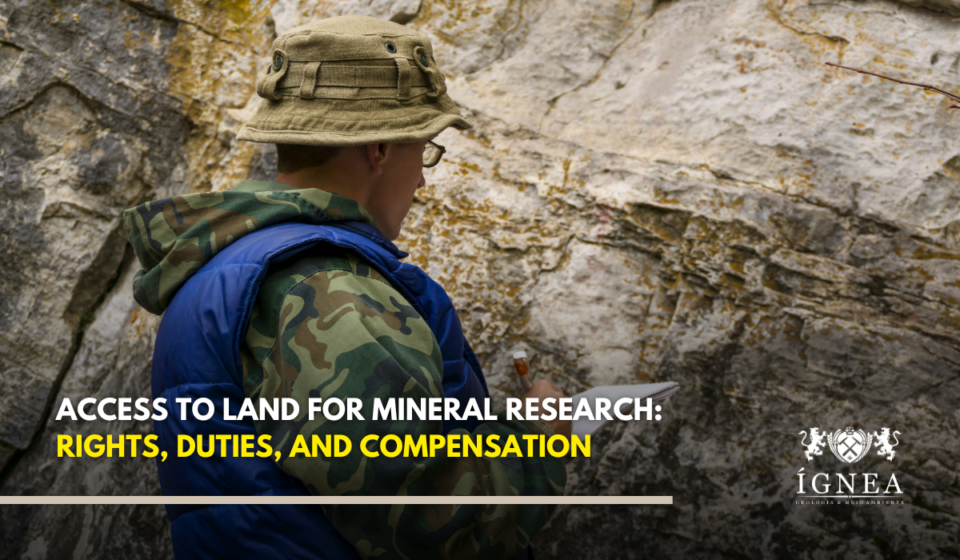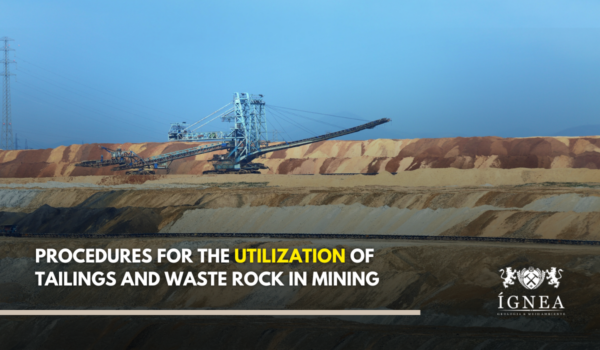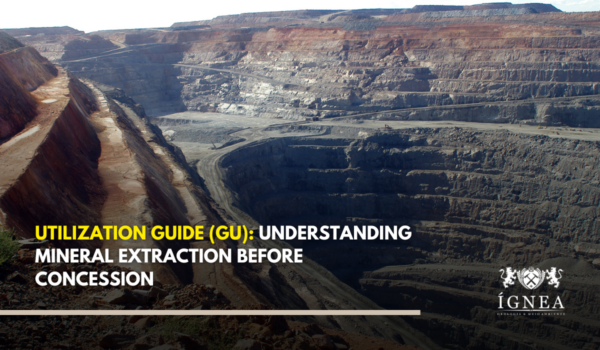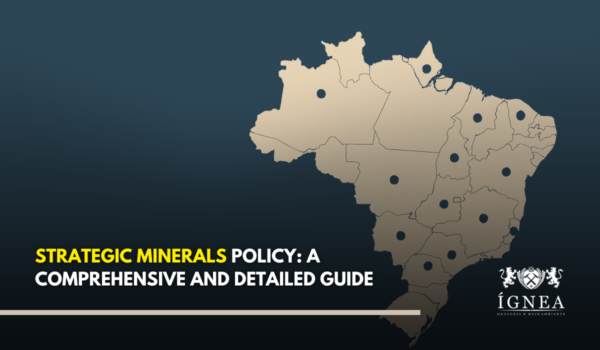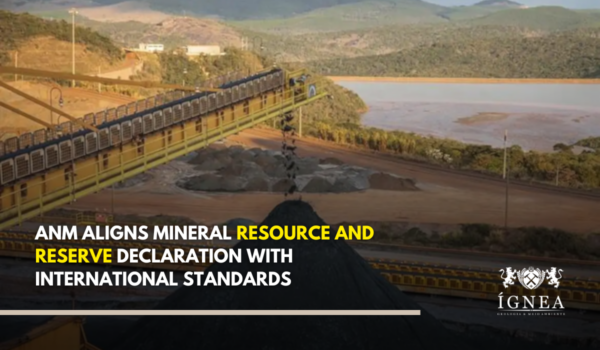Article 27 of the Mining Code (Decree-Law No. 227/1967) establishes a set of crucial rules for the access of mineral research authorization holders to land, whether public or private. This article balances the public interest in mineral exploration with the right of ownership, defining responsibilities and compensation mechanisms.
Rights of the Research Authorization Holder:
The holder of the research authorization has the right to carry out research work, as well as build necessary auxiliary works and services, on land covered by the areas to be surveyed. This right extends to both public and private land.
Duties of the Research Authorization Holder:
Despite the right of access, the research authorization holder has clear duties to fulfill, in order to guarantee respect for property rights and minimize the impacts of the activity:
- Payment of Rent: The holder must pay landowners or squatters rent for occupying the land.
- Compensation for Damages: The holder is also obligated to compensate the landowners or squatters for damages and losses caused by research work.
- Fair Rent: The rent paid cannot exceed the maximum net income of the property in the extension of the occupied area.
- Adequate Compensation: Compensation for damages cannot exceed the market value of the property in the occupied area, except in cases of total disposal of the property.
- Public Land: On public land, the holder is exempt from paying rent, but must still compensate for damage and losses caused.
Determination of Rent and Compensation:
The process for determining rent and compensation involves the following steps:
- Friendly Agreement: The holder of the research permit must, initially, seek an agreement with the landowners or squatters on the value of rent and compensation.
- Judicial Process: If there is no agreement, the Director-General of the DNPM (currently ANM) will send the judge of the jurisdiction where the deposit is located a copy of the authorization title.
- Judicial Assessment: The judge will order an assessment of rent and damages, in accordance with the Code of Civil Procedure, within fifteen days of receiving the communication.
- Summons of the Public Prosecutor: The public prosecutor of the jurisdiction will be summoned to the action, as a representative of the Union.
- Judgment of the Assessment: The judge must judge the assessment within 30 days, counted from the date of the order to proceed with the assessment.
- Judicial Deposits: The research holder will be summoned to deposit judicially the amount of the rent for two years and a guarantee for the payment of compensation.
- Judicial Authorization for Research: Once the deposits have been made, the judge summons the landowners or squatters to allow research work and communicates his decision to the ANM and the police authorities.
- Extension of the Term: If the term of the research is extended, the holder must deposit a new amount corresponding to the value of the rent for the extension period, thus ensuring the continuity of the work.
- Closure of the Action: Once the research work is completed, the holder and the ANM communicate the fact to the judge so that the legal action can be closed.
Calculation of Rent and Compensation:
- Rent: The amount of rent to be paid cannot exceed the maximum net income of the property in the occupied area.
- Compensation: Compensation for damages cannot exceed the market value of the property in the area actually occupied, unless the damage makes the entire property unusable for agricultural or pastoral purposes.
- Market Values: The market values will be obtained by comparison with the values of similar properties in the same region.
Additional Considerations:
- Start of Work: Research work can only begin after payment of compensation and fixing of rent for occupation of the land.
- Appeals: Parties that feel wronged may appeal to the judge before the action is closed.
Article 27 of the Mining Code establishes a legal framework for access to land for mineral research, reconciling the interests of the holder with the rights of landowners and squatters. Compliance with procedures and guarantees of fair compensation are fundamental for legal security and the sustainable development of mining activity in Brazil.

